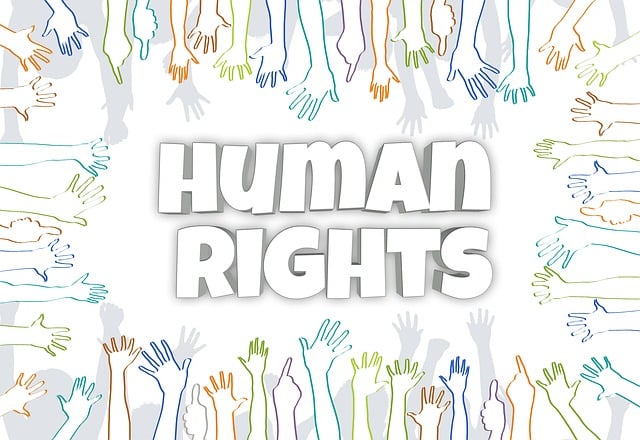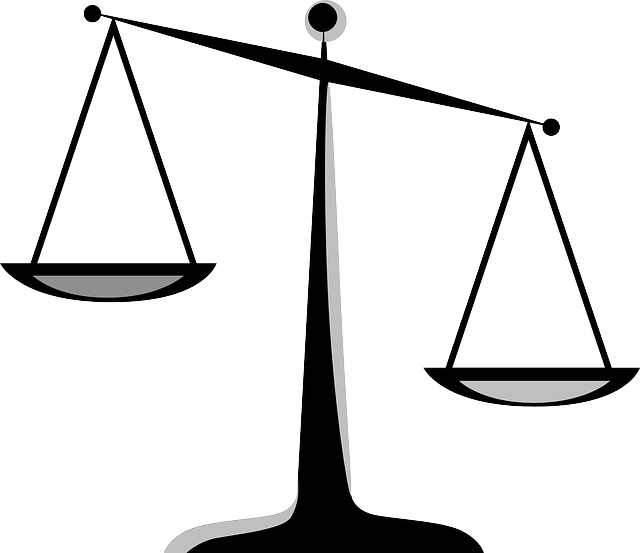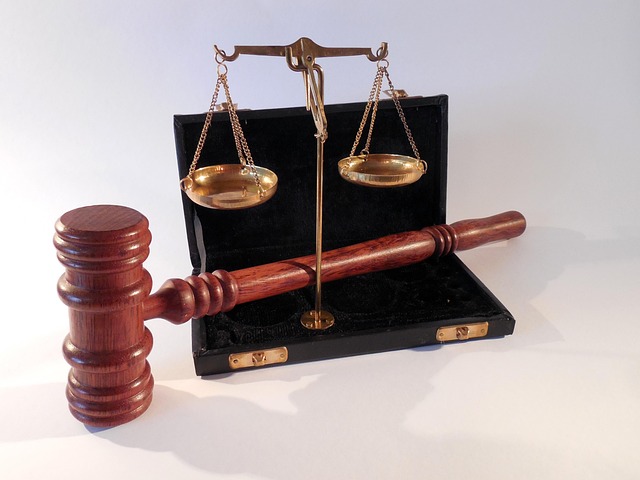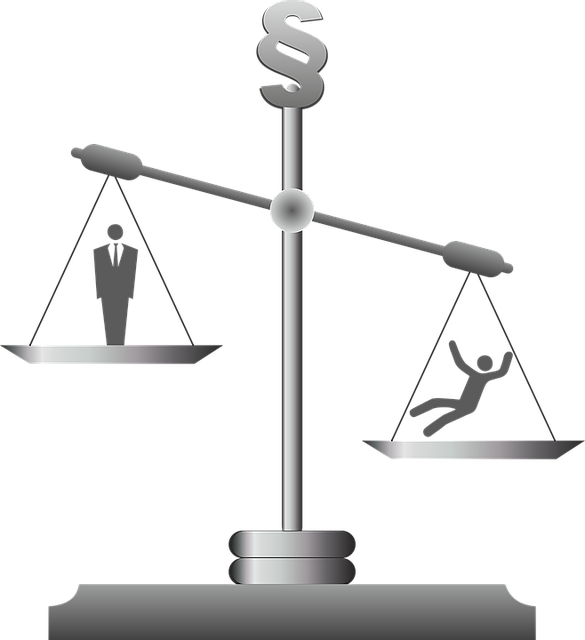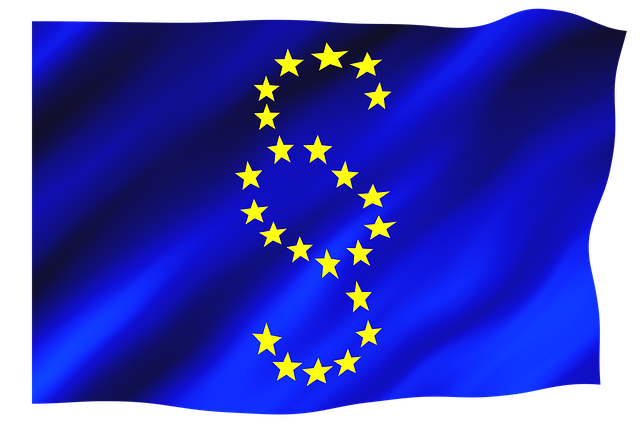Whistleblower Protection Laws safeguard individuals exposing illegal activities, promoting transparency in cases like Consumer Fraud Class Action Lawsuits. These laws empower employees to report fraud without fear of retaliation and drive investigations leading to enforcement actions or legal proceedings. Class action lawsuits collectively address consumer fraud, gathering evidence, forming a class, and seeking substantial financial redress for victims. Legal protection involves an investigation, filing a complaint detailing allegations, pretrial activities, and potential jury trials, resulting in compensation, restitution, and organizational reforms. Successful whistleblower cases, like ones leading to charges against companies being dismissed, demonstrate their impact in fostering transparency and integrity in business practices.
“Uncover the power of whistleblower protection lawsuits and their impact on exposing consumer fraud. This comprehensive guide explores the legal landscape, offering insights into how individuals can fight back against corporate misconduct.
From understanding the basics of whistleblower laws to navigating the complex class action lawsuit process, we demystify the journey. Learn from real-life case studies showcasing successful outcomes.
Whether you’re a consumer advocate or legal professional, this article provides an in-depth look at the steps involved in Consumer Fraud Class Action lawsuits, empowering you with knowledge to protect rights and promote accountability.”
- Understanding Whistleblower Protection Laws
- Consumer Fraud: Class Action Basics
- The Legal Process: Step-by-Step Guide
- Case Studies: Successful Whistleblower Suits
Understanding Whistleblower Protection Laws

Whistleblower Protection Laws are designed to safeguard individuals who expose illegal or unethical activities within their organizations from potential retaliation. These laws play a pivotal role in promoting transparency and accountability, especially in cases of consumer fraud. When an employee or insider uncovers fraudulent practices, these legal protections ensure they can come forward without fear of adverse consequences. This is particularly relevant in the context of Consumer Fraud Class Action Lawsuits, where whistleblowers may play a crucial role in initiating legal proceedings against companies engaging in deceptive acts.
Understanding the whistleblower protection framework is essential for both corporate and individual clients. The law typically involves a structured process that begins with reporting the suspected fraud to the appropriate authorities or internal compliance channels. This sets off all stages of the investigative and enforcement process, leading up to potential legal action. White-collar defense strategies often center around these laws, ensuring that companies and individuals alike are shielded from unjust treatment while upholding the integrity of the investigative and litigation process.
Consumer Fraud: Class Action Basics

When it comes to consumer fraud, class action lawsuits serve as a powerful tool for holding businesses accountable. These legal actions are initiated when a significant number of consumers have been affected by similar instances of fraud or deceptive practices. The consumer fraud class action lawsuit process involves several steps, beginning with the identification of the potential claims and the formation of a class. Legal experts play a crucial role in gathering evidence, constructing a solid case, and ensuring the rights of the aggrieved consumers are protected.
A key aspect to understand is that these lawsuits aim for collective redress, where compensation is distributed among all eligible class members. Unlike individual disputes, which often result in small recoveries due to high legal costs, class actions can lead to substantial settlements or jury trials. This not only provides financial relief to the victims but also serves as a powerful deterrent against future white-collar defense strategies that might involve deceptive practices, ensuring a more transparent and ethical business landscape.
The Legal Process: Step-by-Step Guide

The legal process surrounding whistleblower protection lawsuits involves a structured series of steps designed to safeguard individuals who expose illegal activities within their respective businesses. It begins with a thorough investigation, where whistleblowers or plaintiffs gather and present evidence of consumer fraud or white-collar and economic crimes. This may include financial records, internal communications, or witness statements.
Once the evidence is compiled, the plaintiff initiates a Consumer Fraud Class Action Lawsuit Process by filing a complaint in the appropriate court. The document outlines the allegations, legal arguments, and sought relief. From here, the case progresses through pretrial activities, such as discovery (exchanging information and documents), expert witness preparation, and potential mediation. If settlement negotiations fail, the matter advances to trial, where both sides present their cases before a judge or jury. A successful outcome may result in financial compensation for the whistleblower, restitution for affected consumers, and organizational changes aimed at preventing future misconduct.
Case Studies: Successful Whistleblower Suits
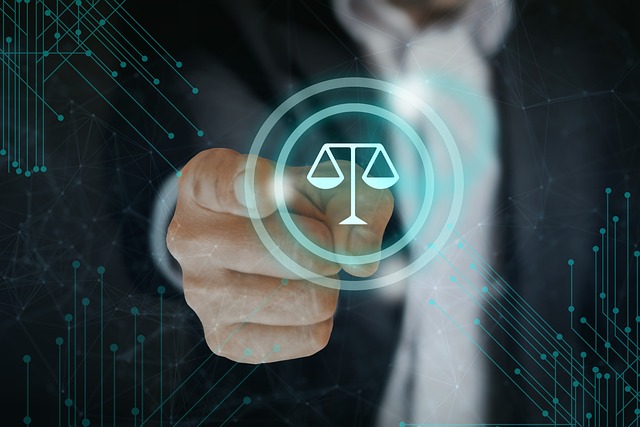
Whistleblower protection lawsuits have been instrumental in exposing and deterring various forms of corporate misconduct, including consumer fraud. Case studies illustrate the significant impact of successful whistleblower suits. For instance, in a notable Consumer Fraud Class Action Lawsuit, a whistleblower’s courage and legal strategy led to a complete dismissal of all charges against the company, setting a precedent for holding corporations accountable.
These lawsuits often result in substantial financial compensation for victims and send a powerful message across the country about the sanctity of ethical reporting. The process involves meticulous documentation, thorough investigations, and strategic legal arguments. Through jury trials, whistleblowers not only secure justice but also encourage other individuals to come forward with vital information, fostering an environment of transparency and integrity in business practices.
Whistleblower protection lawsuits play a vital role in safeguarding individuals who expose illegal or unethical activities within organizations, especially in cases of consumer fraud. Understanding the legal process, as outlined in this article, empowers those with knowledge of wrongdoings to take action. By utilizing class action lawsuit strategies, consumers can hold businesses accountable for fraudulent practices and receive the compensation they deserve. Navigating the legal system can be complex, but successful case studies demonstrate that armed with the right knowledge, individuals can become powerful agents of change, revolutionizing corporate responsibility in today’s digital era.

